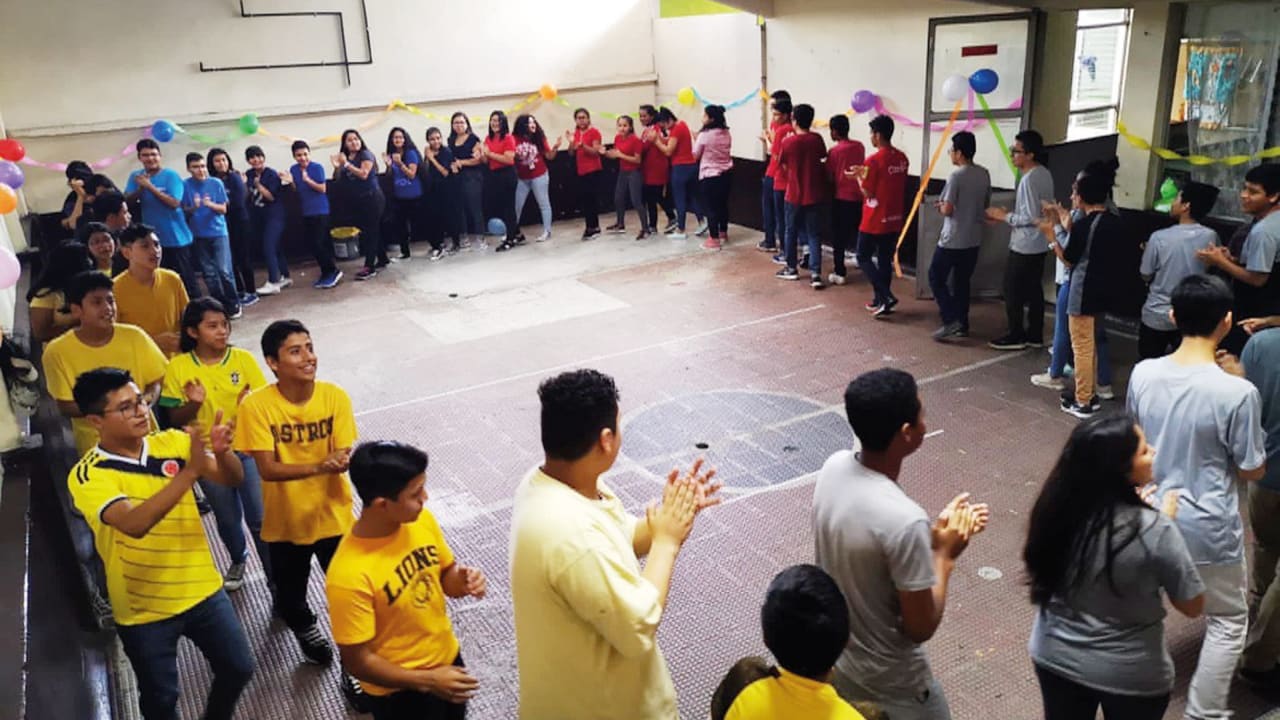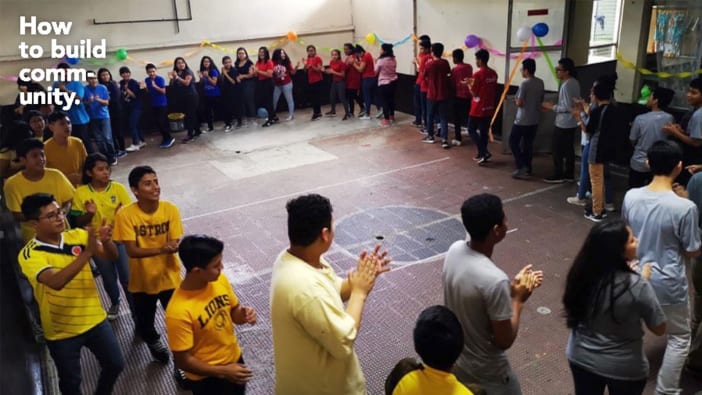Ivan Monzon Muñoz is a social psychologist and Director of Youth Culture and Risk Reduction with Fundación Doulos in Guatemala. Here he discusses some of the lessons he has learnt about resilience after working with marginalised communities for many years.
What does resilience mean to you?
When I moved with my family to Haiti after the earthquake in 2010 I thought I knew a lot about resilience. At that point I would have described it as ‘the ability to return to stability after a crisis’. But after four years working in communities where crisis is part of ‘normal’ life, my concept of resilience changed to something like ‘the ability to persevere, despite the crisis’. Not like a butterfly shaking off the dust after a volcanic eruption and flying away, but like a caterpillar trying to become a butterfly in the crater of an active volcano! Difficult, but not impossible.
Now, in Guatemala, I support churches and ministries to build strong relationships with vulnerable young people and create a supportive and nurturing environment for them. This helps them to not only survive, but also thrive.
What are the particular challenges young people in the region face?
Many young people are exposed to violence and crime from an early age including recruitment into armed gangs, domestic abuse and sexual and gender-based violence. Other pressures include unemployment and natural disasters. The Covid-19 pandemic has made some of these problems worse.
Sadly, some try to escape from reality through drug and alcohol use, compulsive video-gaming, pornography and suicide. Many struggle with anxiety and depression leading to lack of motivation and, in some cases, violence and unpredictable behaviour.
How can these young people be supported?
It is easy to assume that food and clothes are among the main things that disadvantaged families and young people need, especially in the middle of a crisis such as war, an earthquake or Covid-19. However, after more than ten years working with vulnerable communities, I feel that the mental health aspects of resilience are often not given sufficient consideration.
Many young people feel alone. They do not have anyone they trust to talk to about their feelings and personal problems. One teenager in an urban neighbourhood recently said to me, ‘We can get food and clothes, but what we need the most is more people believing in our dreams, and believing that we can reach these dreams.’ Another said, ‘I would love to have someone in my life to talk to about my problems.’
When young people have someone who really cares about them and their lives (even if this person is not with them all the time), there is a greater chance that they will overcome the problems they are experiencing.
Young people also need opportunities to interact with their peers, enjoy recreational activities such as sport, and give and receive kindness, respect and affection.
How can churches help?
- Understand: Spend time with young people to find out what the problems are in their neighbourhoods, and the pressures they are experiencing.
- Mentor: Be willing to listen with love and without judgement, using basic mentoring skills such as empathy and active listening.
- Train: Promote economic resilience through educational support, skills training and livelihoods projects.
- Create space: Provide safe spaces where young people can spend social and recreational time together. This will help to build trust and will give the youngsters opportunities to relax, talk and support each other.
- Provide: hope Where there is violence, recrimination and blame, Jesus offers love, peace, forgiveness and hope. This can be life-changing for young people as they start to grow wings and learn how to fly.
Email: [email protected]









